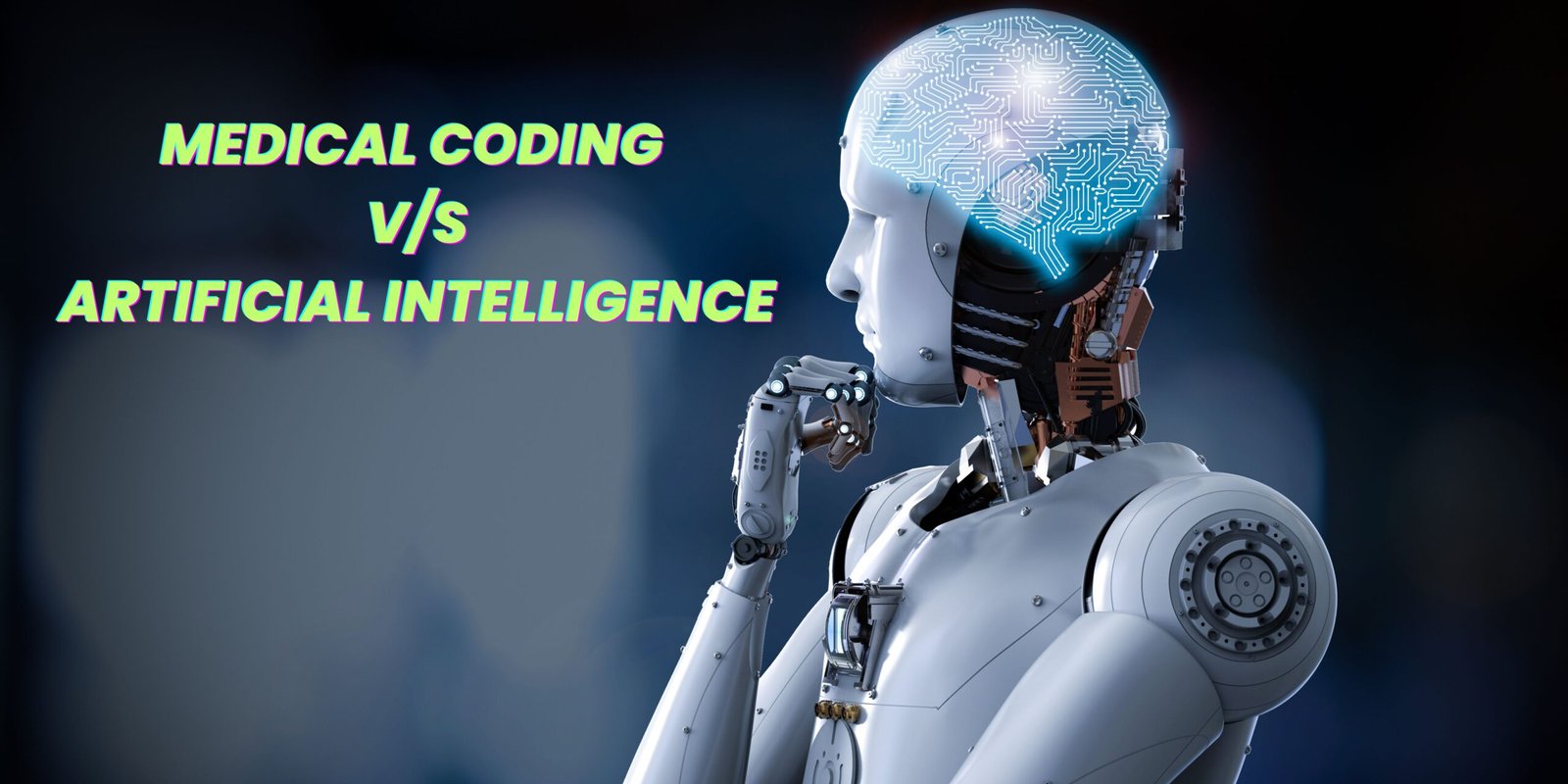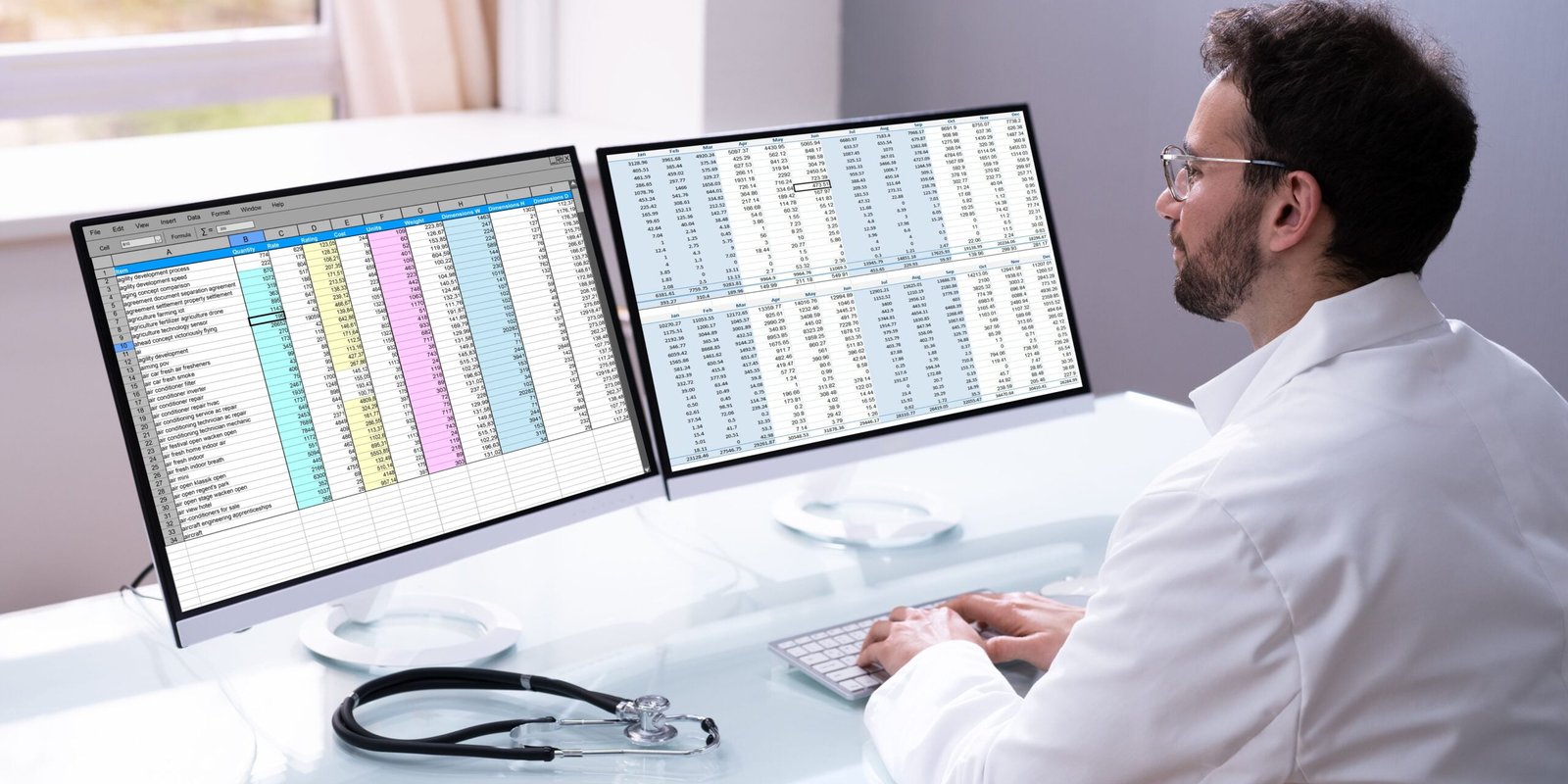The Future of Medical Coding: How AI is Revolutionizing the Healthcare Industry

Despite its growing popularity in the healthcare industry, artificial intelligence remains controversial among physicians, who dislike machines telling them what to do. In response, providers are proactively rethinking artificial intelligence as patients demand greater patient engagement and care delivery processes. With AI combined with the clinician’s expertise, the patient experience can be improved by improving treatment outcomes and keeping patients satisfied.
The medical sector has taken a stronghold on computer-assisted coding systems in recent years, and this technological advancement has enabled healthcare organizations to deal with ever-increasing billing and coding complexities. Healthcare organizations face many technical and administrative challenges to ensure accurate and efficient billing and coding.
The role of medical coding in healthcare, what is it?
Medical coding is an essential process that assigns standardized codes to medical terms in clinical trial participant records to track and record a patient’s treatment data, clinical trial participants’ medical records, diagnoses, and procedures. It is essential that the study be ethical and efficient. As part of the process of submitting treatment results to regulatory authorities, a healthcare coder searches dictionaries to associate them with the right code.
The accuracy of medical coding is vital to successful clinical trials. Artificial intelligence-enhanced computer-assisted coding systems offer medical coders a great opportunity to precisely identify and validate the correct codes quickly. By combining natural language processing with advanced machine learning algorithms, AI revolutionizes medical coding by improving accuracy. This information is important to the hospital’s clinical record-keeping, their review and planning of hospital operations, and possibly most importantly, to assist with financial reimbursement.

The advantages of AI medical coding
There is a natural worry that the popularity of AI applications will reduce the number of jobs in the medical billing and coding industry because these emerging technologies are expected to become increasingly popular. Although these applications can greatly improve human coders’ efficiency and speed in completing accurate coding, they cannot totally replace them. The application could even indicate a mistake the coder has made and recommend how it should be corrected as soon as possible, which eliminates ‘too late’ issues and increases the coder’s productivity.
The use of artificial intelligence improves the accuracy of medical coding.
AI’s ability to analyze text and the spoken word will be one of its most important features, and systems will be able to learn procedures and diagnoses and assign correct codes accordingly. The use of correct codes and documentation compliance following code set updates could greatly reduce the transition associated with coding updates by ensuring the right codes are used and documentation is compliant. With AI medical coding, clinicians will be able to receive super-fast guidance on electronic health records, thereby improving their accuracy. Clinical trial teams can correct their notes if the data does not relate to specific patient encounters if they can see what codes are being generated via documentation
Artificial intelligence facilitates better customer service.
In addition to healthcare, AI technology will also be used in other sectors, and technological enhancements may greatly influence patient communication. For example, bots used to schedule appointments and collect payments will revolutionize patient communication. Having the billing process standardized can have a significant benefit for both providers and billers since it can significantly reduce the number of difficult client interactions about billing, which may improve the patient-billing relationship.
Boosts coding speed:
Inpatient data is mapped to the appropriate codes quickly and intelligently via AI, allowing companies to significantly reduce coding turnaround times. An expert coder reviews and approves these suggestions. When a term is accepted, all the same terms in the study will be automatically coded with that term. This automated process greatly reduces the amount of time necessary for the coding process.
Reduces risk:
Artificial intelligence in Medical Coding facilitates coding processes, minimizes errors, and ensures that the correct codes are being used. This improves data quality and study outcomes, reducing the risk of incorrect coding.
Conclusion
In the world of healthcare, artificial intelligence is transforming the way systems operate by reducing diagnostic errors and uncovering previously unexplored opportunities for improving engagement and experience among patients. Healthcare IT solutions have come a long way from legacy redundancies with the advent of advanced AI in the past few years. If AI is to become mainstream, it must be viewed as an assistive tool that improves healthcare delivery. In order to scale and build a robust care-delivery model, healthcare businesses can benefit from implementing a modern AI-assisted medical coding and billing platform.
Find out more about medical coding by scheduling an appointment online with Anton’s Medicode, Kerala’s foremost Medical Coding Institute. Visit antonsmedicode.com for more information.